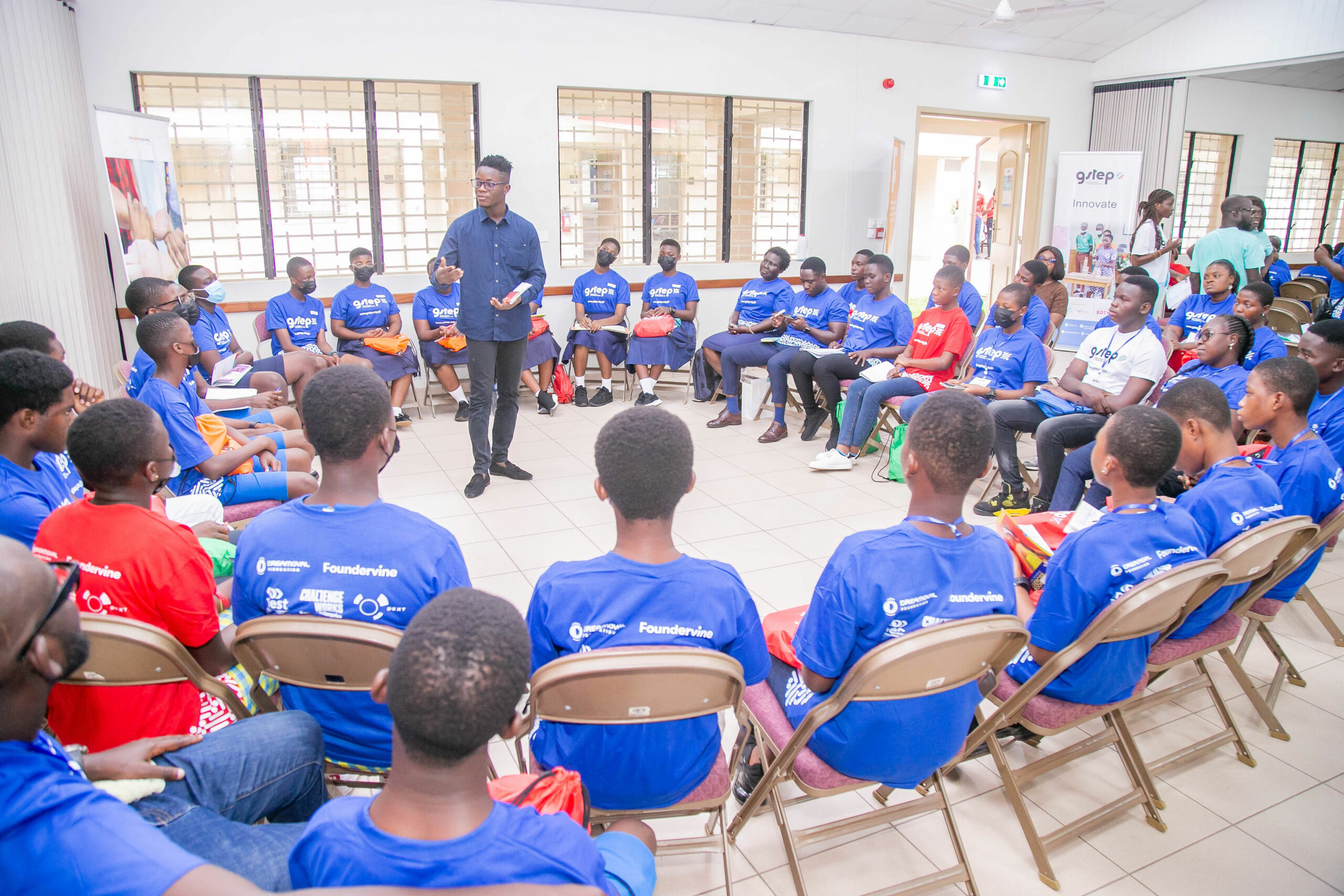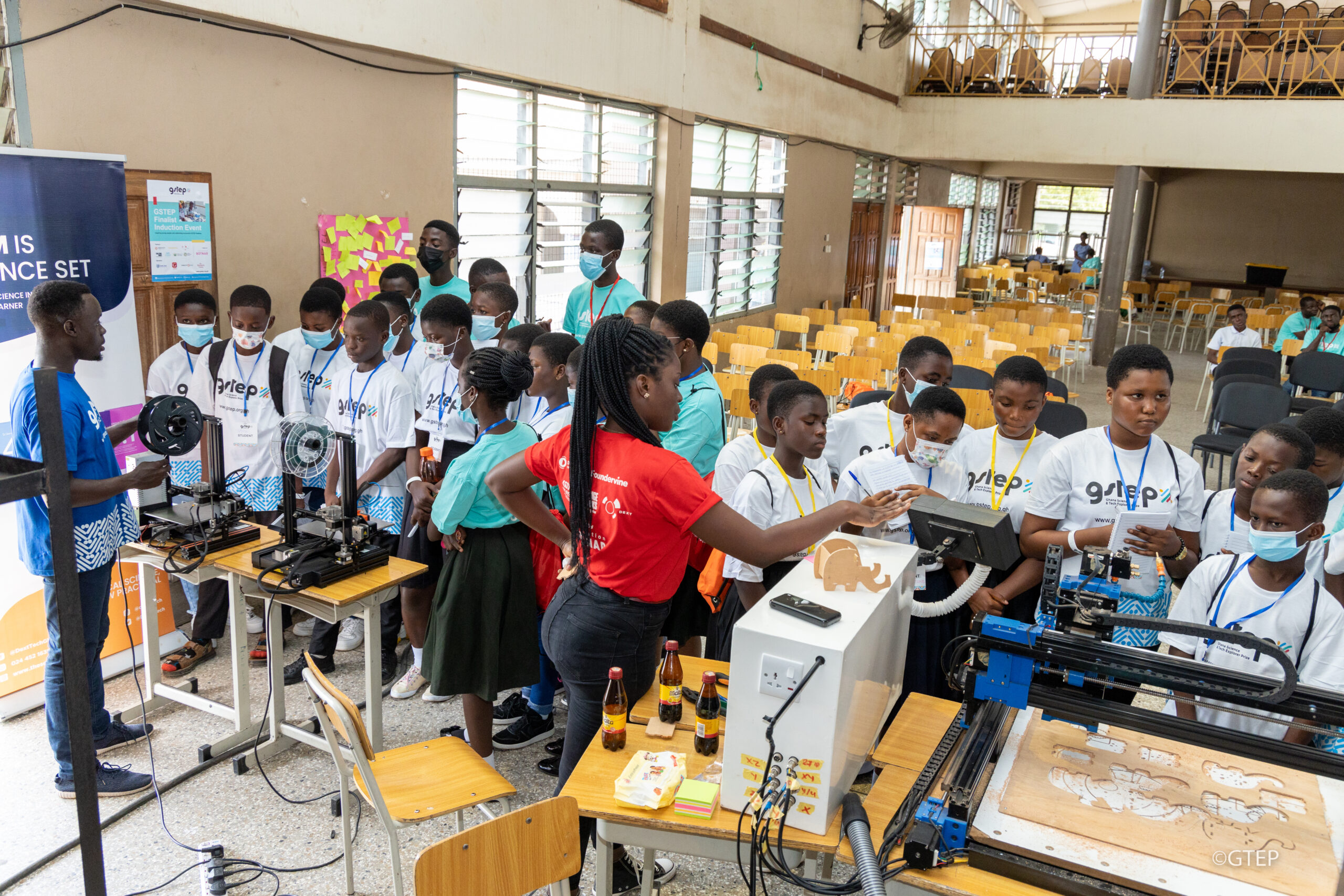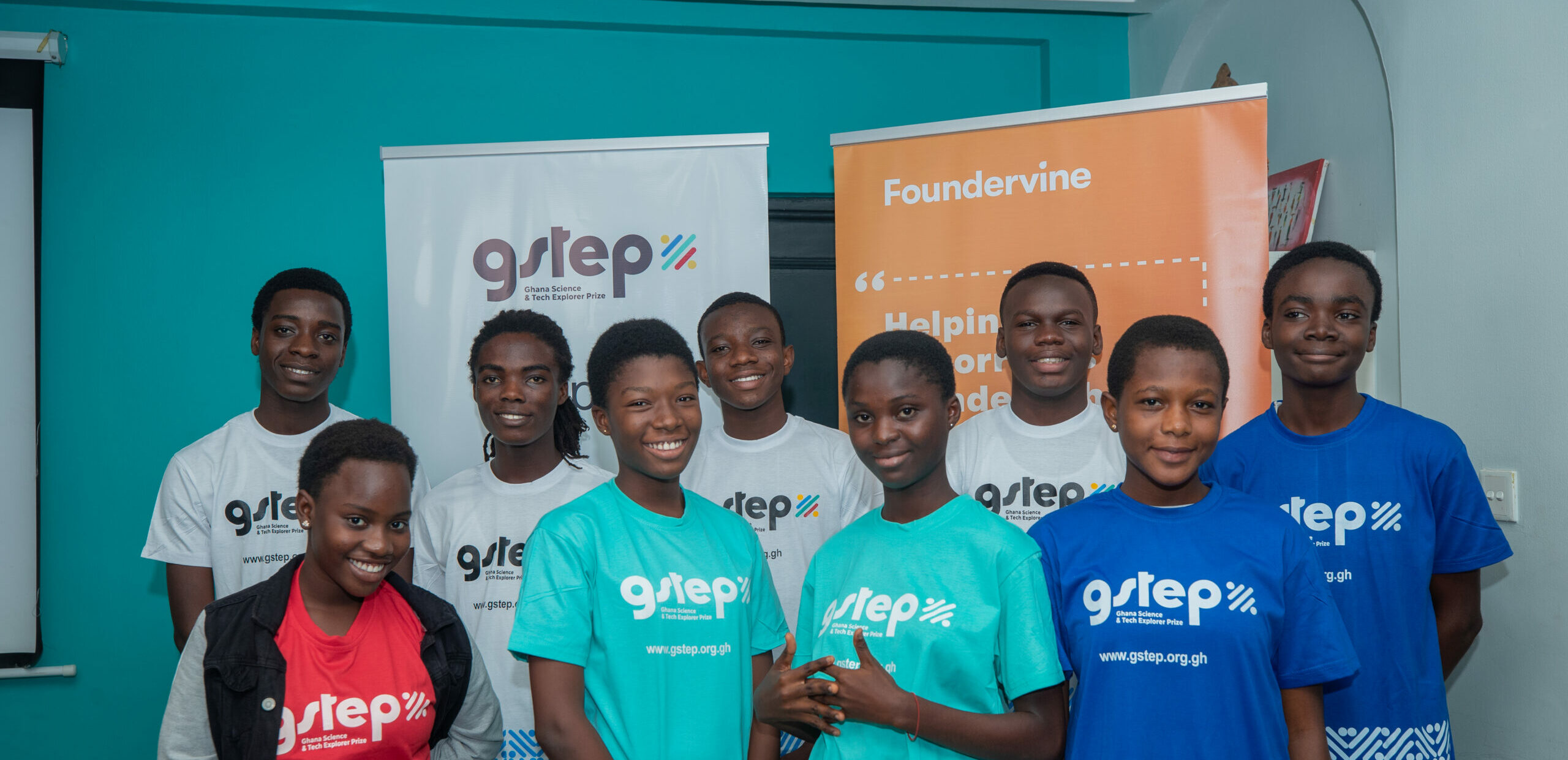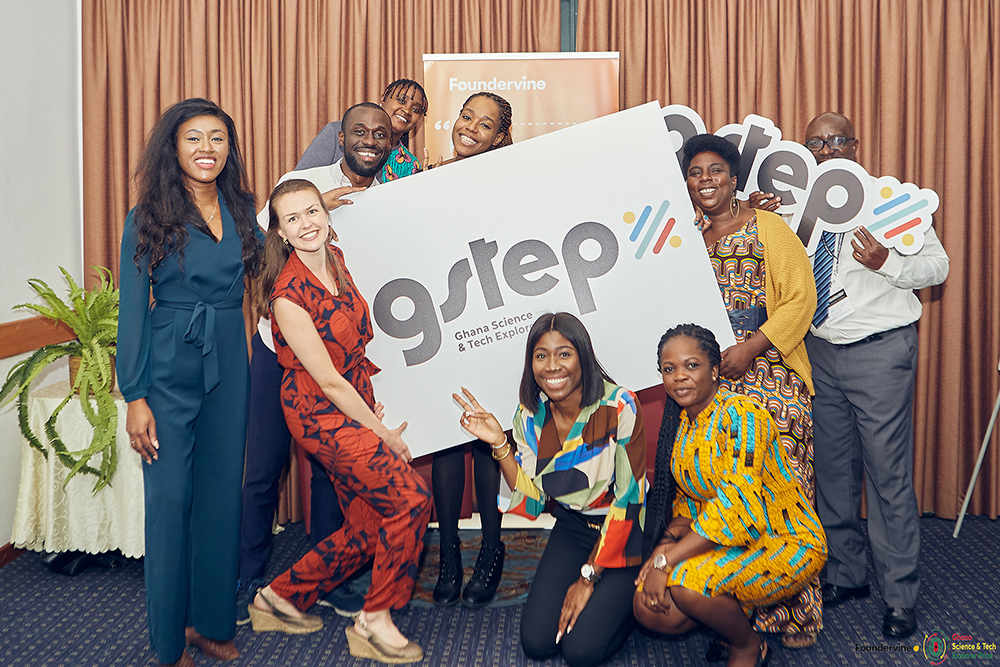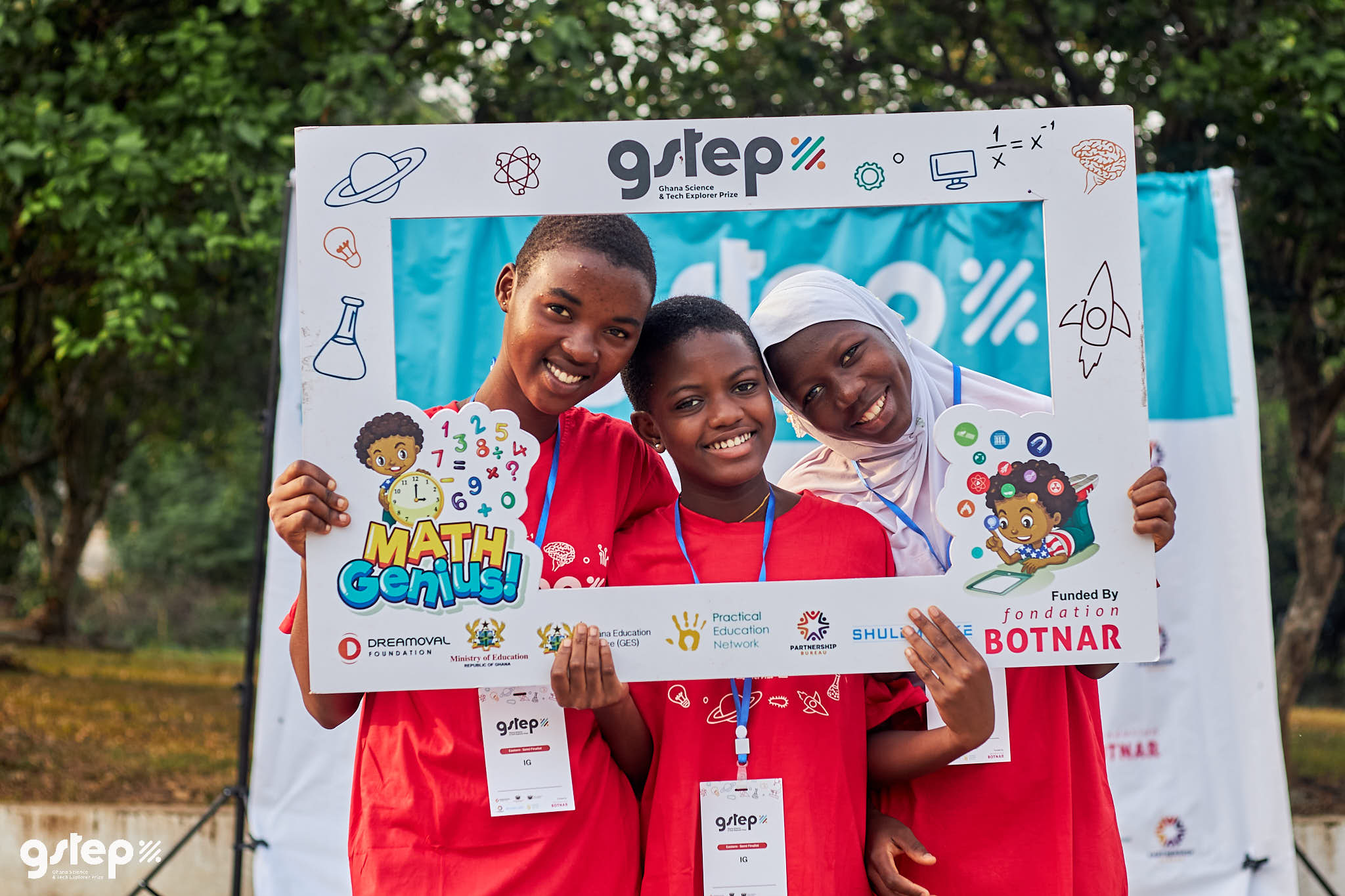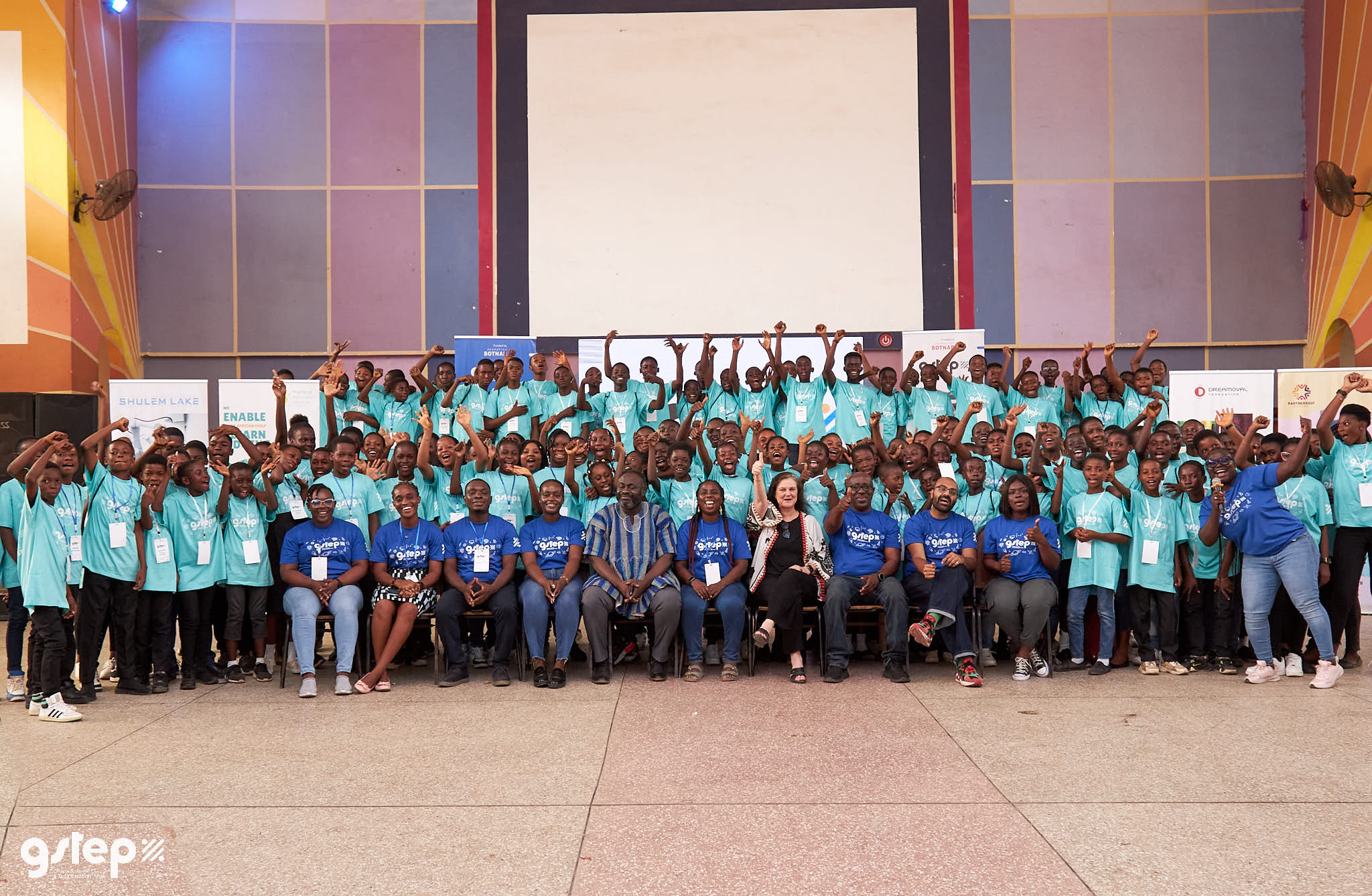As career opportunities in STEM continue to grow, it is important that Ghanaian youth are given the necessary tools and opportunities to compete and take advantage of such career opportunities. Developing the skills necessary to pursue STEM starts with education both in and out of the classroom.
The responsibility to increase exposure of Ghanaian youth to STEM sits not only with educators but also with both private and public STEM community stakeholders. Providing a role model or figurehead to assist in the promotion and provision of practical learning in STEM is necessary in assisting students develop a career path.
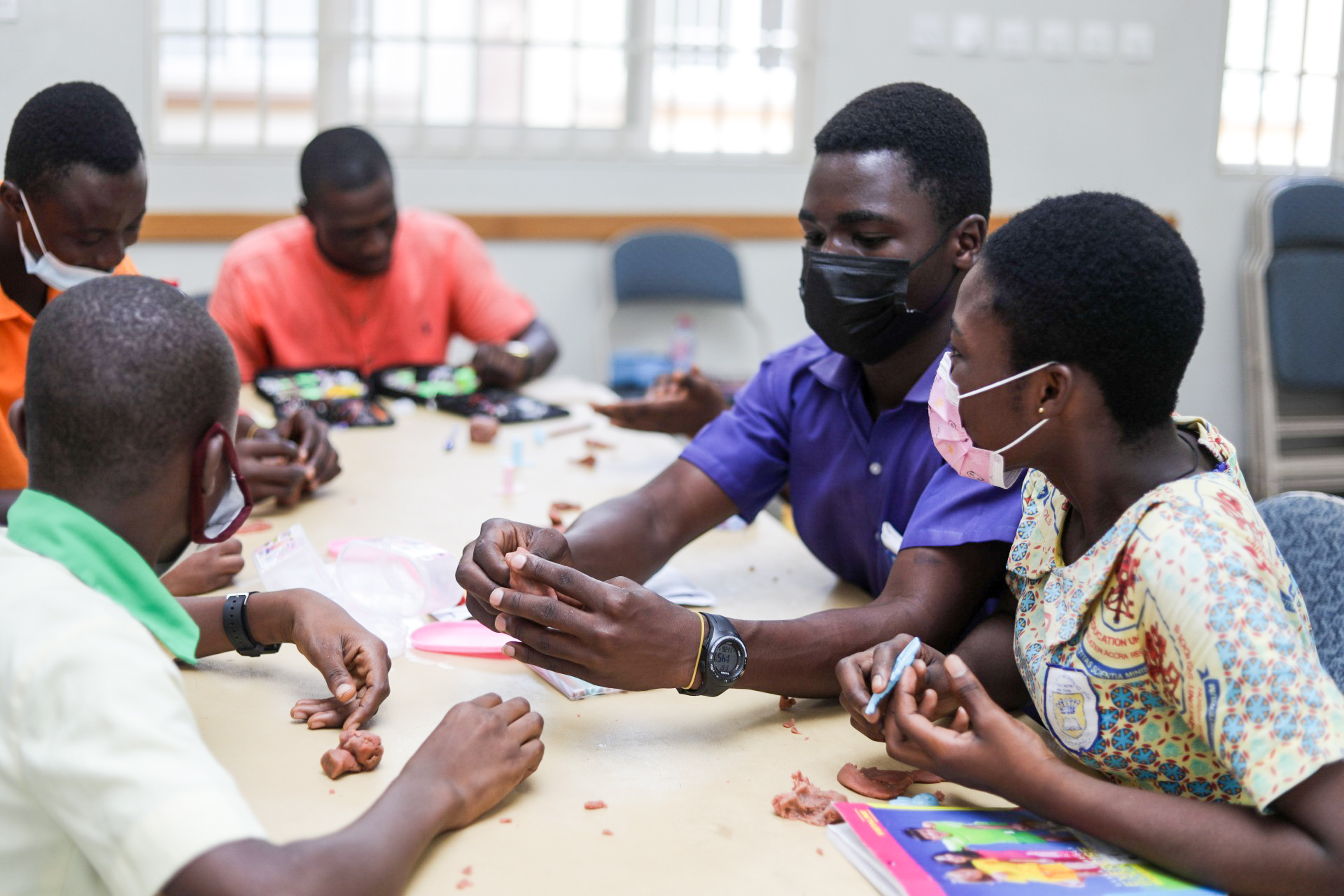
In increasing access to STEM opportunities, providing mentors has shown to make significant positive outcomes especially for girls and disadvantaged students. Introducing mentors, especially from backgrounds that are similar to that of the mentees helps build confidence in students to pursue STEM subjects. Many students need an understanding of the opportunities available to them and how they can pursue it.
Having an individual engage them directly to help navigate the options and opportunities available makes it easier for students to decide to pursue STEM courses. Mentorship also assists students in appreciating and understanding STEM careers from a perspective outside the classroom.

